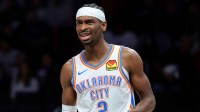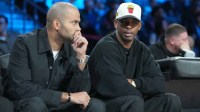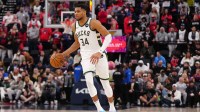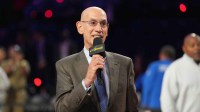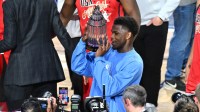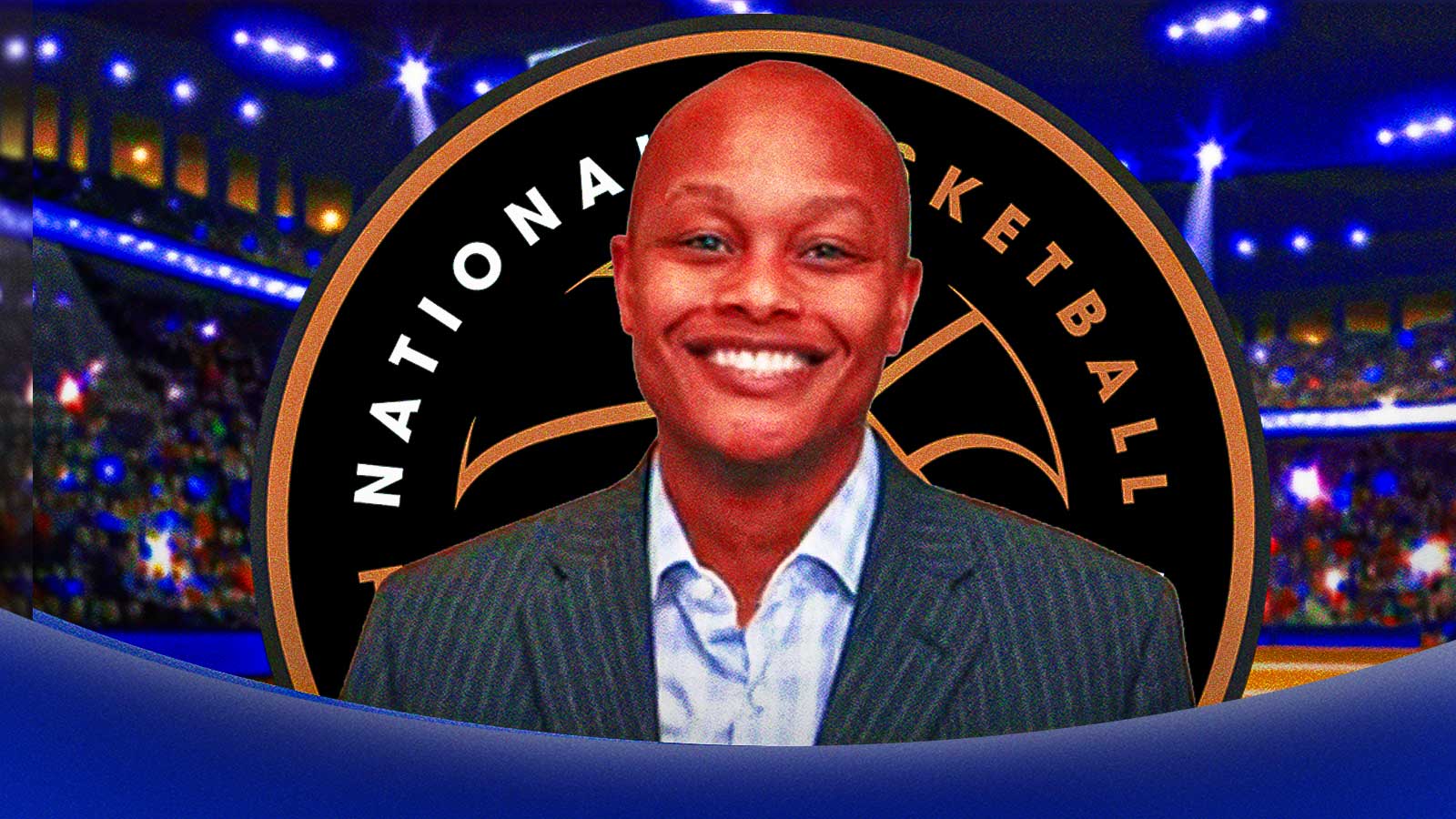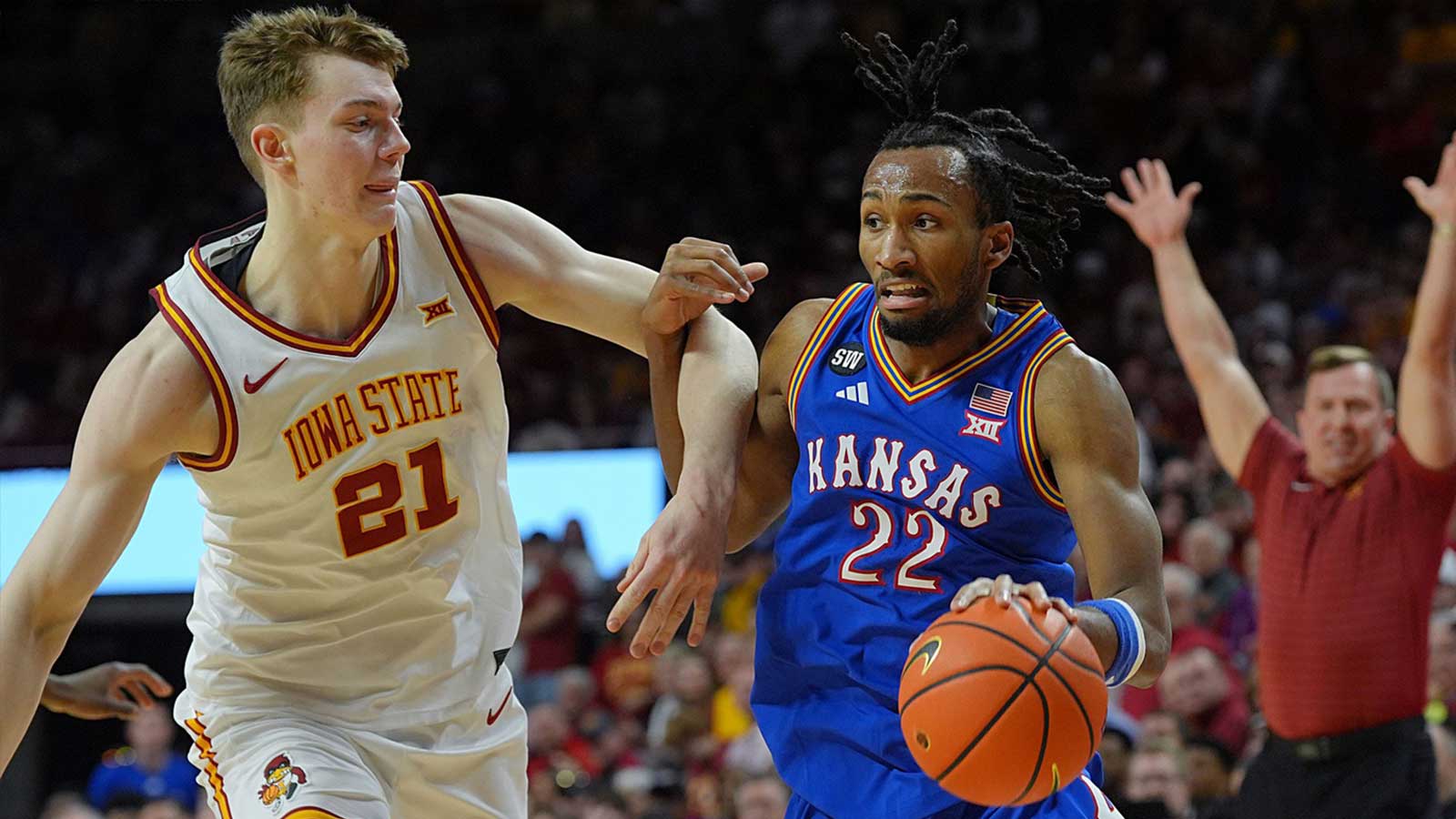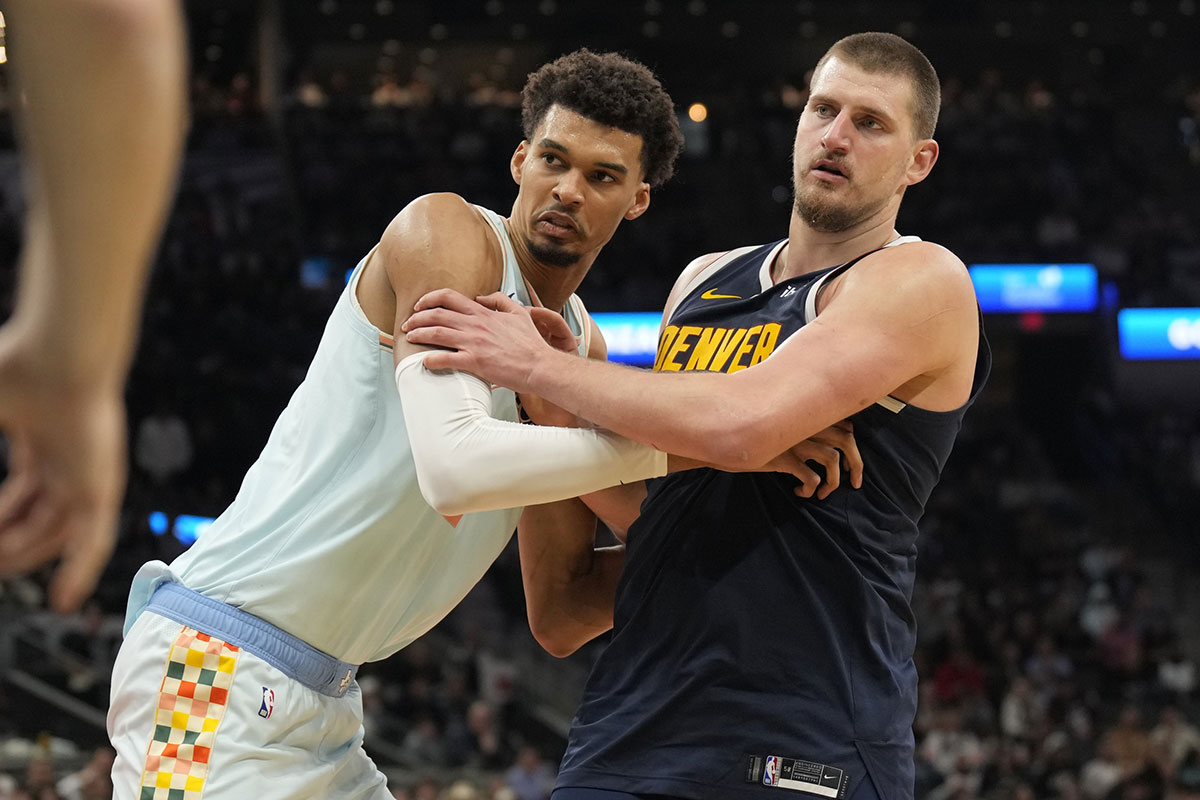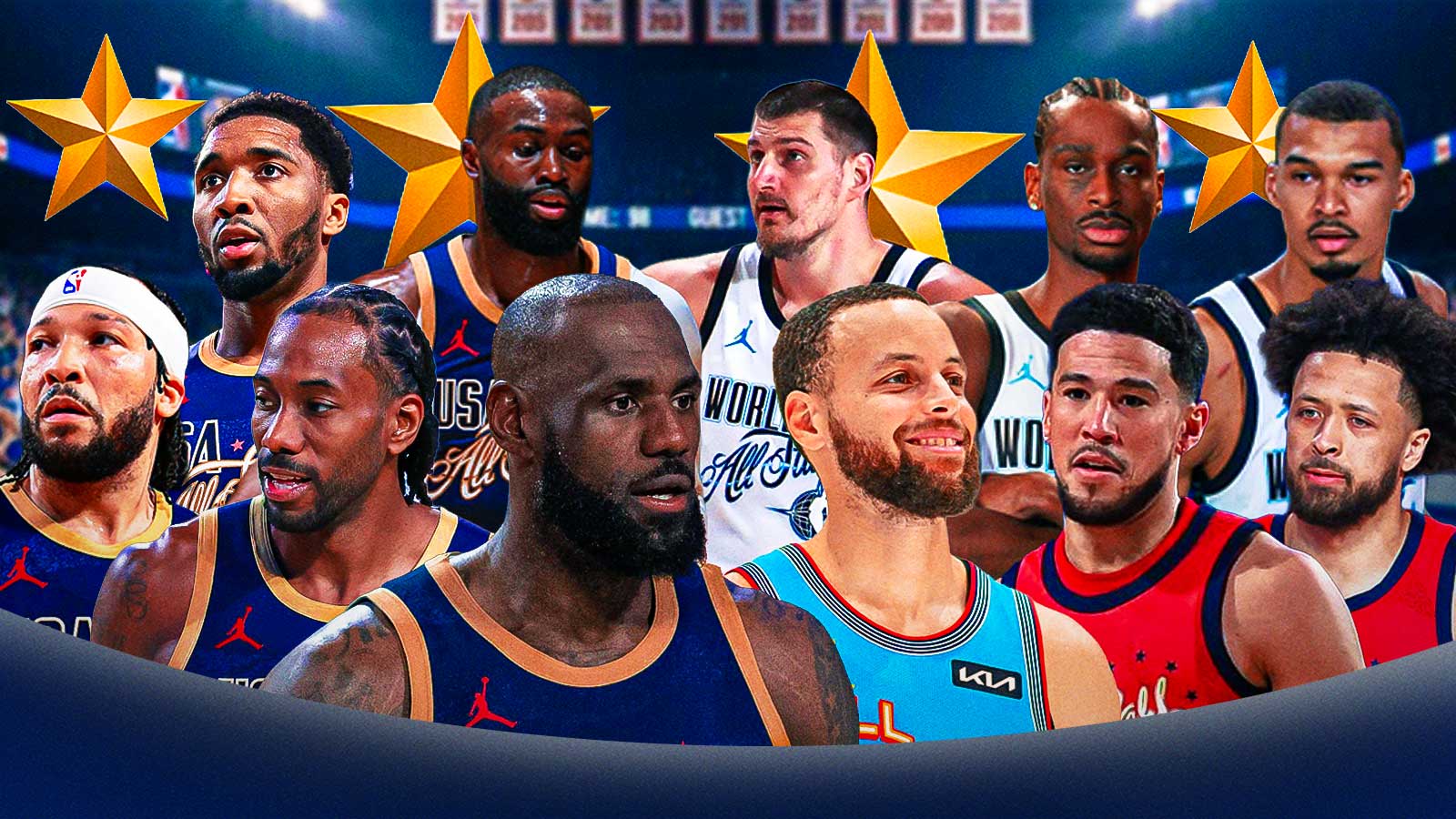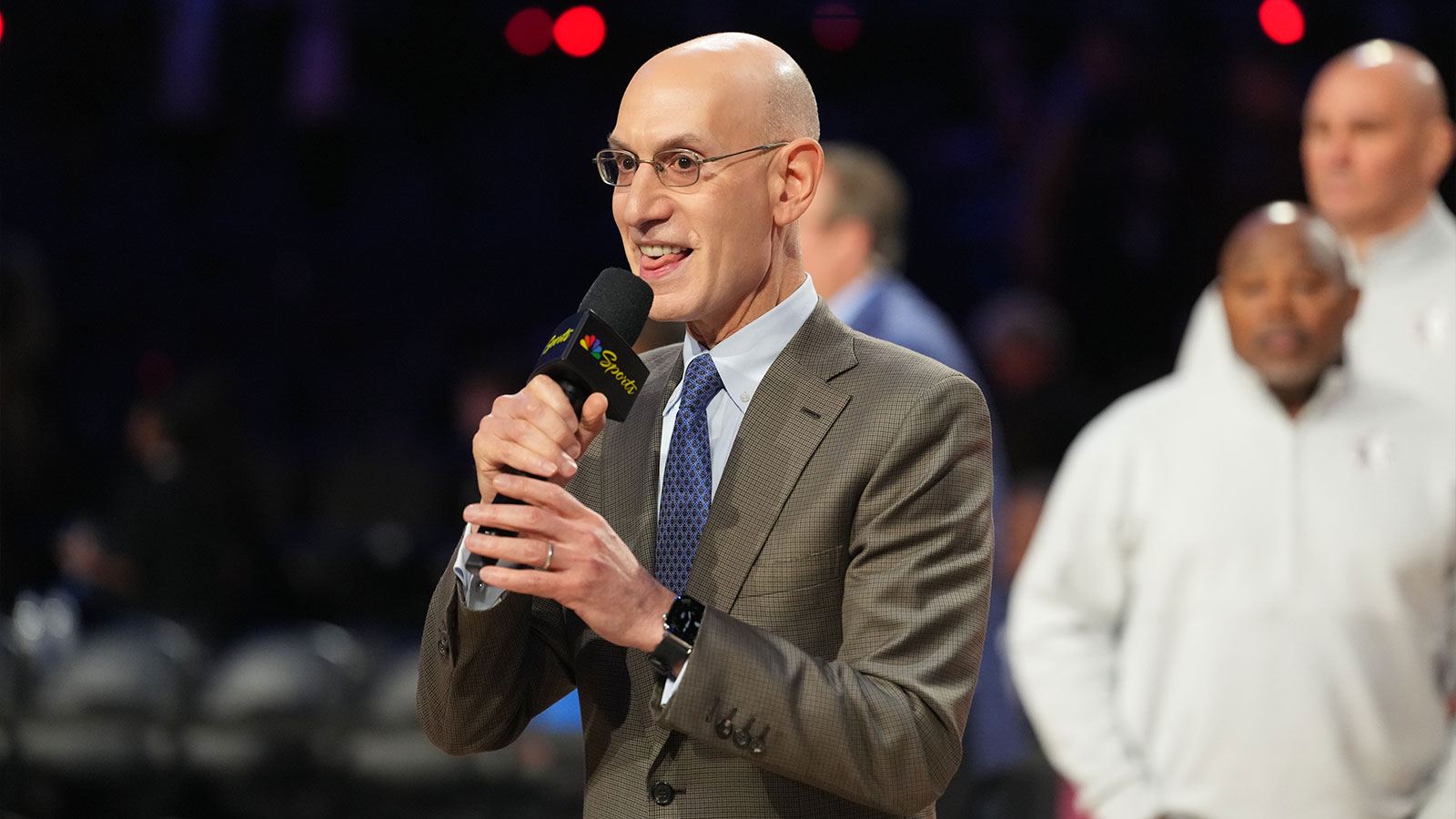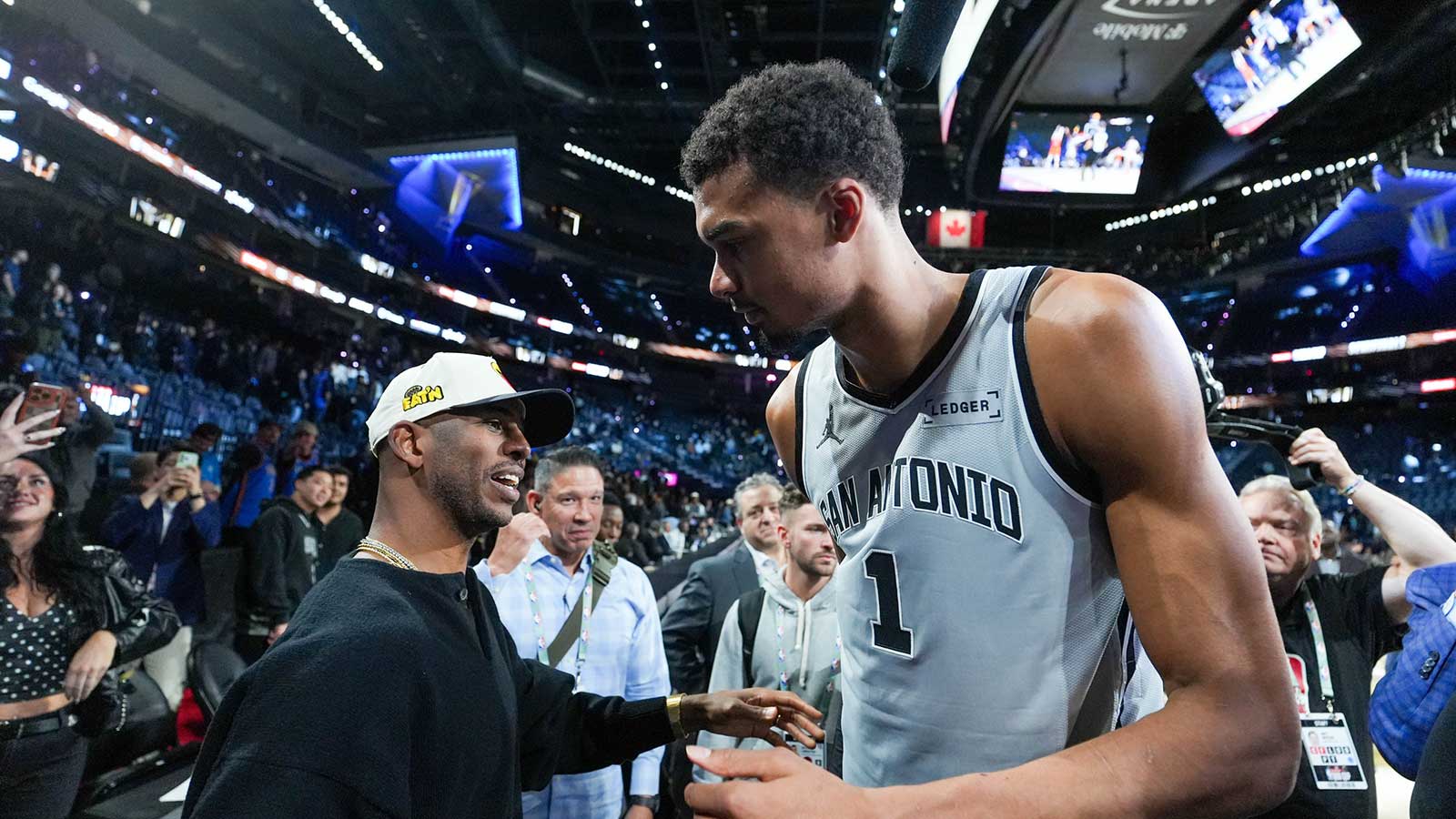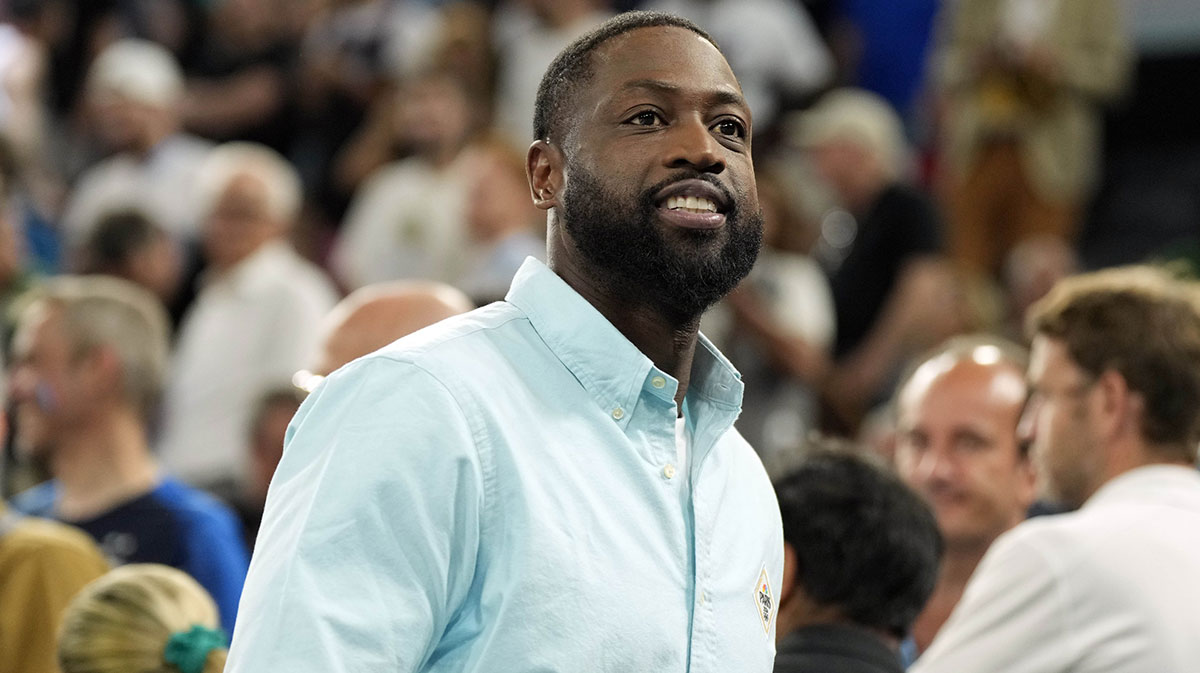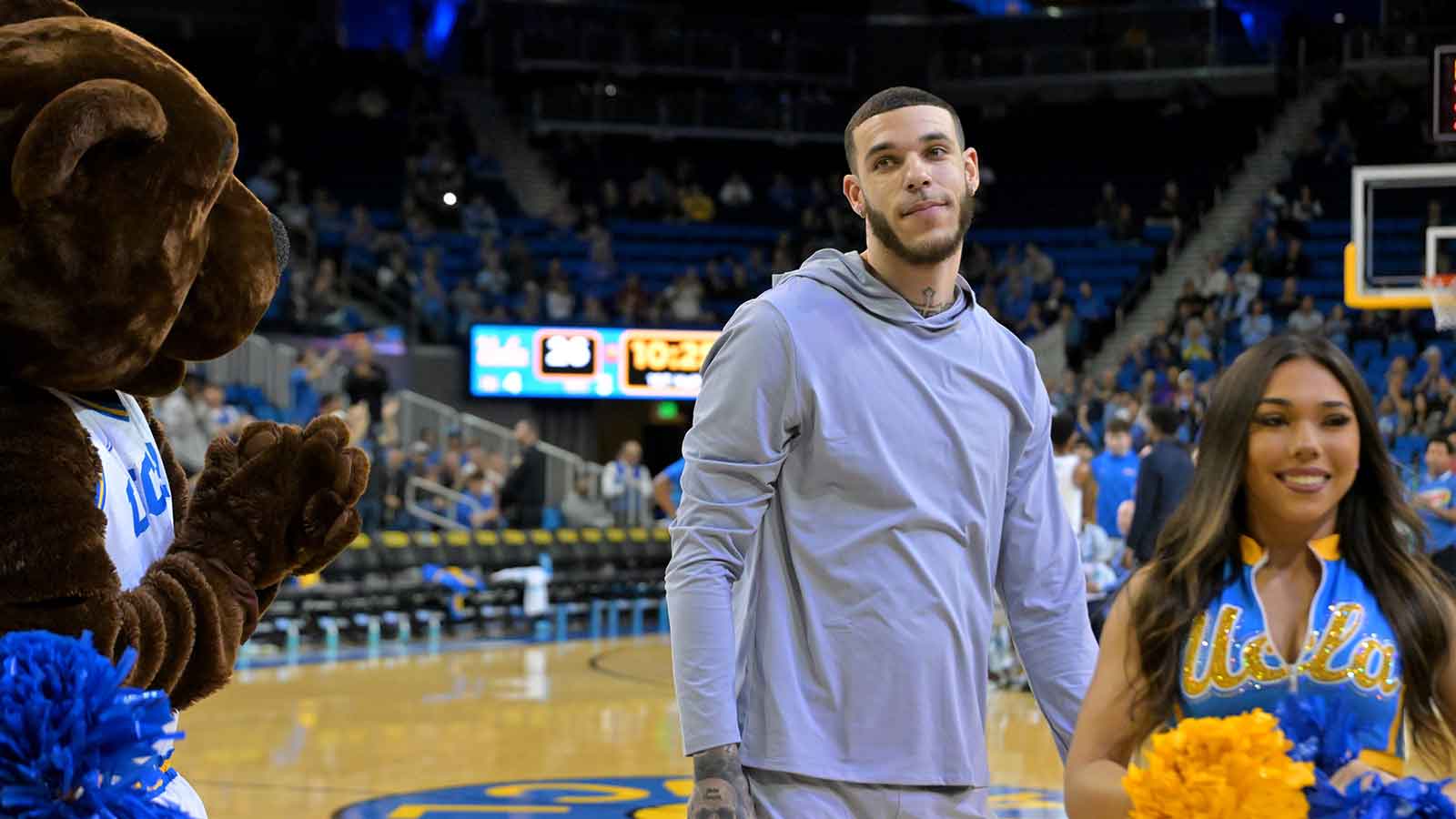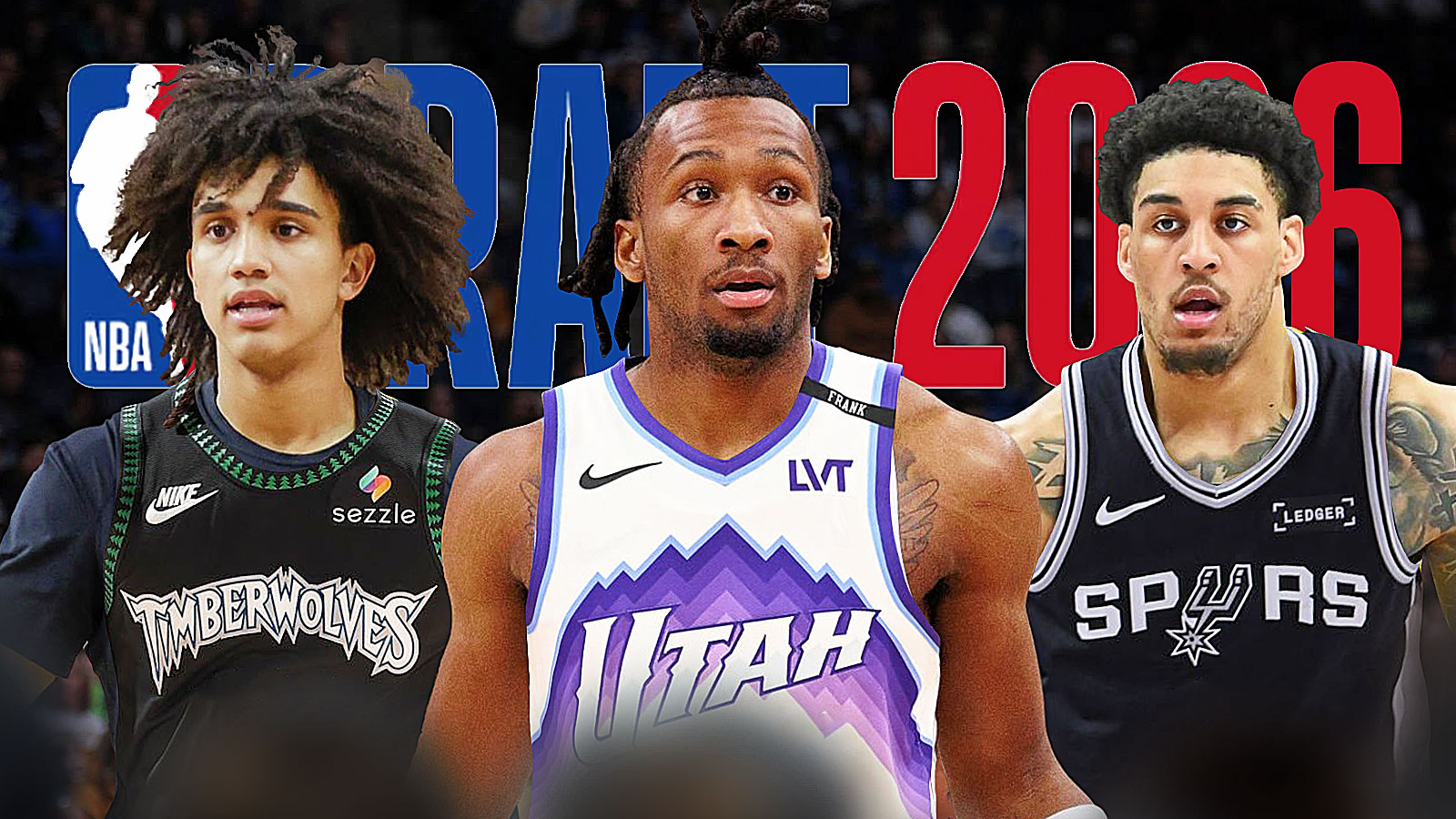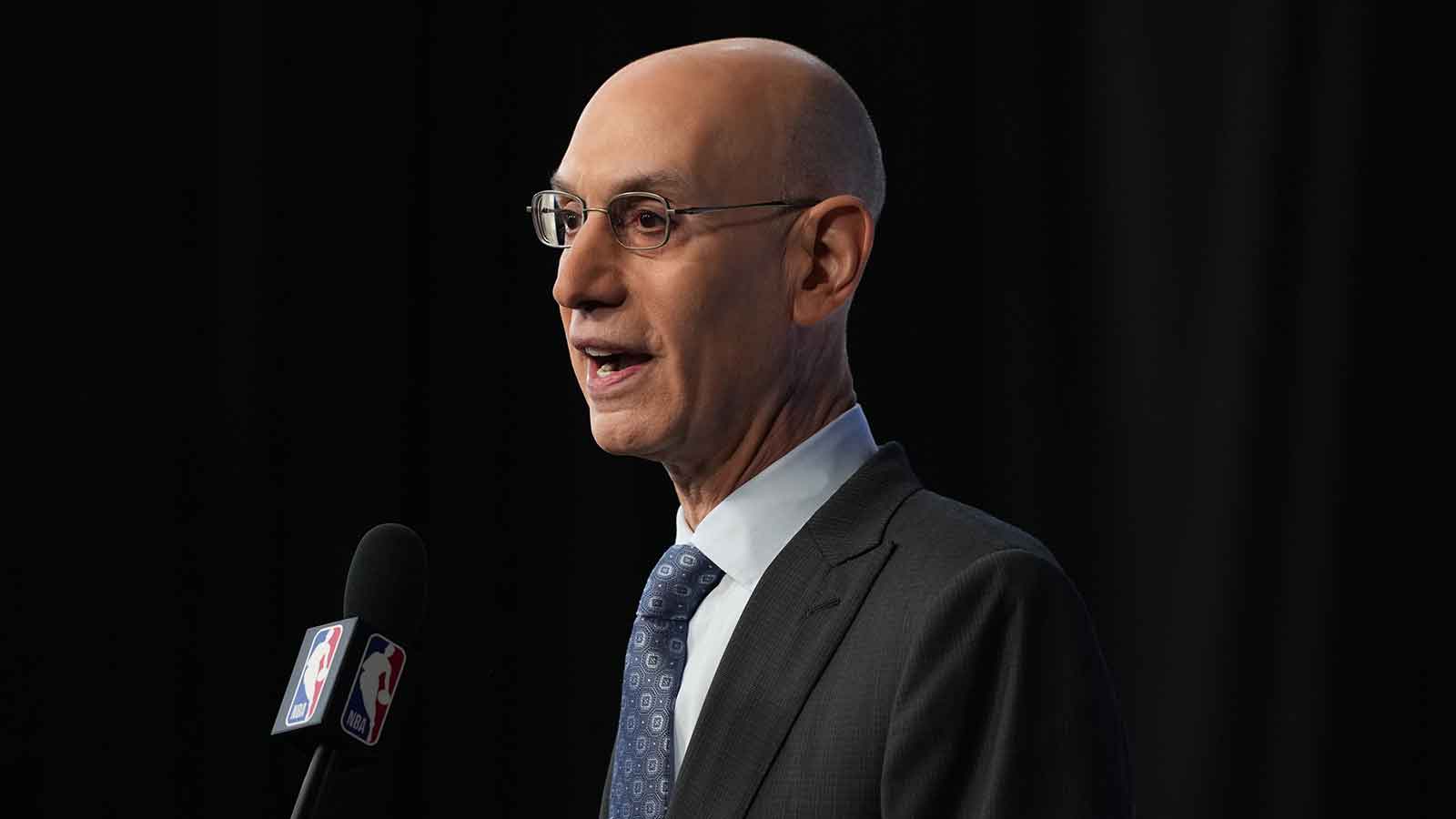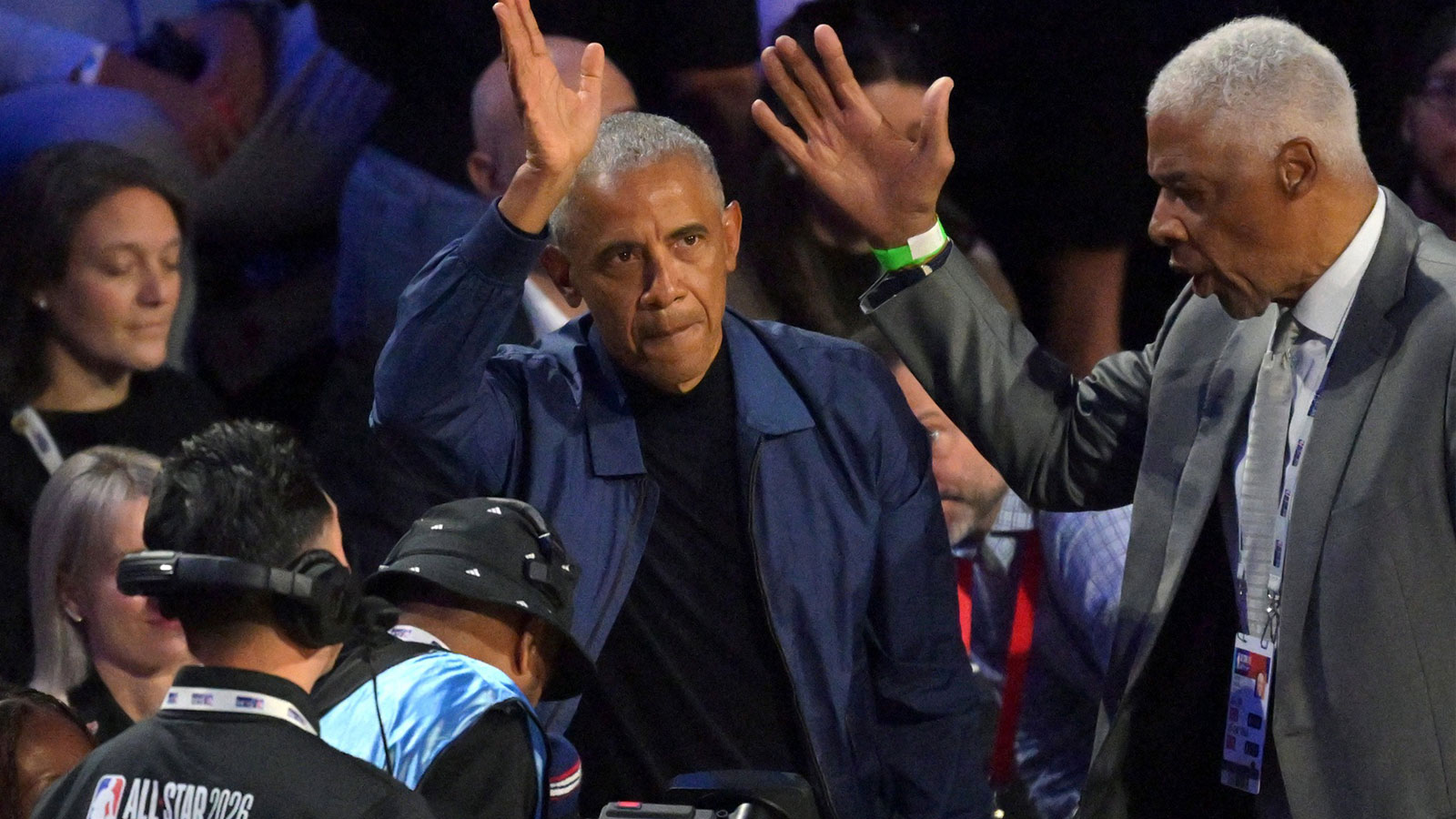It's about damn time. Chris Webber is finally and well-deservingly so in the Naismith Memorial Basketball Hall of Fame. It took a while for C-Webb to get the nod in the Hoops Hall, perhaps due to a couple of road bump and controversies he experienced along the way. But regardless of the journey, the most important thing is that he is now enshrined into basketball lore.
As validated by his Hall of Fame induction, Webber is one of the greatest players of his generation. He obviously had a storied NBA career, and on top of that, also became part of one of the most influential collegiate teams in the history of the game. The
But more often than not, Webber kind of gets lost in the shuffle in discussions about the top power forwards during his time. When NBA fans talk about the best power forwards during the 1990's and 2000's, perhaps everybody would include the likes of Tim Duncan, Kevin Garnett, Karl Malone, Charles Barkley, and Dirk Nowitzki. As for Webber, his name doesn't pop up as often. With that said, let's take a look back at Chris Webber's career and see where he ranks among the great power forwards during his era.
Let's begin with his career accolades: 5-time All-NBA, 5-time All-Star, 1993-94 Rookie of the Year. Compared to five aforementioned players, his individual accomplishments don't necessarily stack up to them. All of them won the MVP award in their Hall of Fame careers, made the All-Star team at least 11 times, and made All-NBA at least nine times. It's easy to see based on awards alone why Webber isn't included in the discussion quite often.
As for Webber's stats, his numbers stack up quite well compared to the best of his generation. The 1993 no. 1 overall pick finished with averages of 20.7 points, 9.8 rebounds, and 4.8 assists throughout his illustrious 15-year career. This included an insanely dominant 4-year stretch from 1999 to 2003 where he averaged 24.8 points, 10.6 rebounds, and 4.7 assists while leading the Kings to undoubtedly their best run in franchise history.
Chris Webber was also a winner. In his prime, he turned the fortunes of each team he went to, from the Golden State Warriors, to the Washington Bullets, to the Kings. And particularly, when he arrived in Sacramento, Webber made them into a championship caliber team.
Webber's game was also ahead of its time. In many ways, the Detroit-native possessed the skills of today's modern-day NBA big men. He could run an offense, facilitate, and initiate plays on the break as a power forward. His ability to do so became the foundation for Sacramento's fun high-octane offense that took the league by storm in the early 2000's. This is arguably what made Webber a unique and special player during his time.
Perhaps the narrative of Webber's career would be significantly different if he won a championship as the unquestioned leader of his team. Led by Webber, Sacramento came so close to doing in 2002 when they almost slayed the mighty Los Angeles Lakers in the Western Conference Finals. But due to some controversial officiating during that series, Webber and the Kings were robbed of the chance to win a title.
If he successfully won a ring, Chris Webber would probably find himself in the same breathe as those five aforementioned great power forwards. Nonetheless, Webber is a Hall of Famer now. Regardless of how his career panned out and how he compares among the greats at his position during his era, nothing could ever take away the fact that he is forever immortalized in basketball lore.




